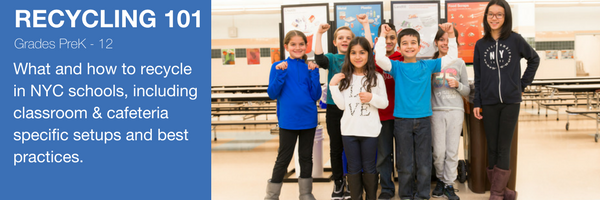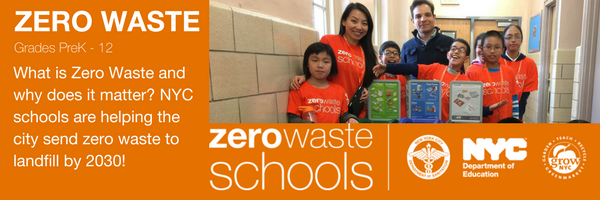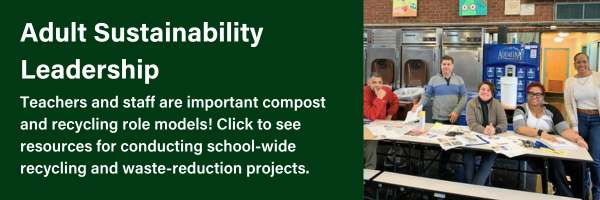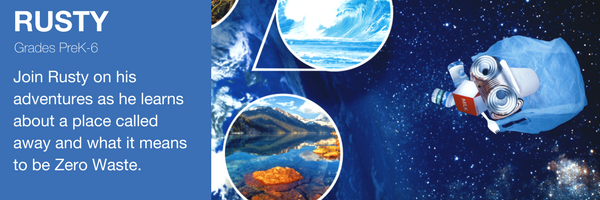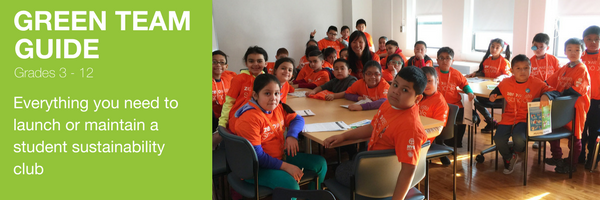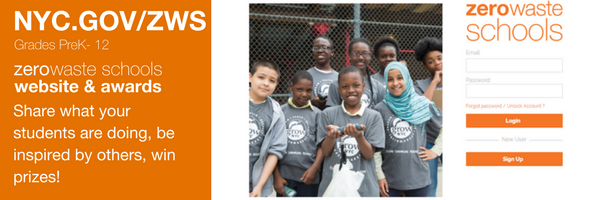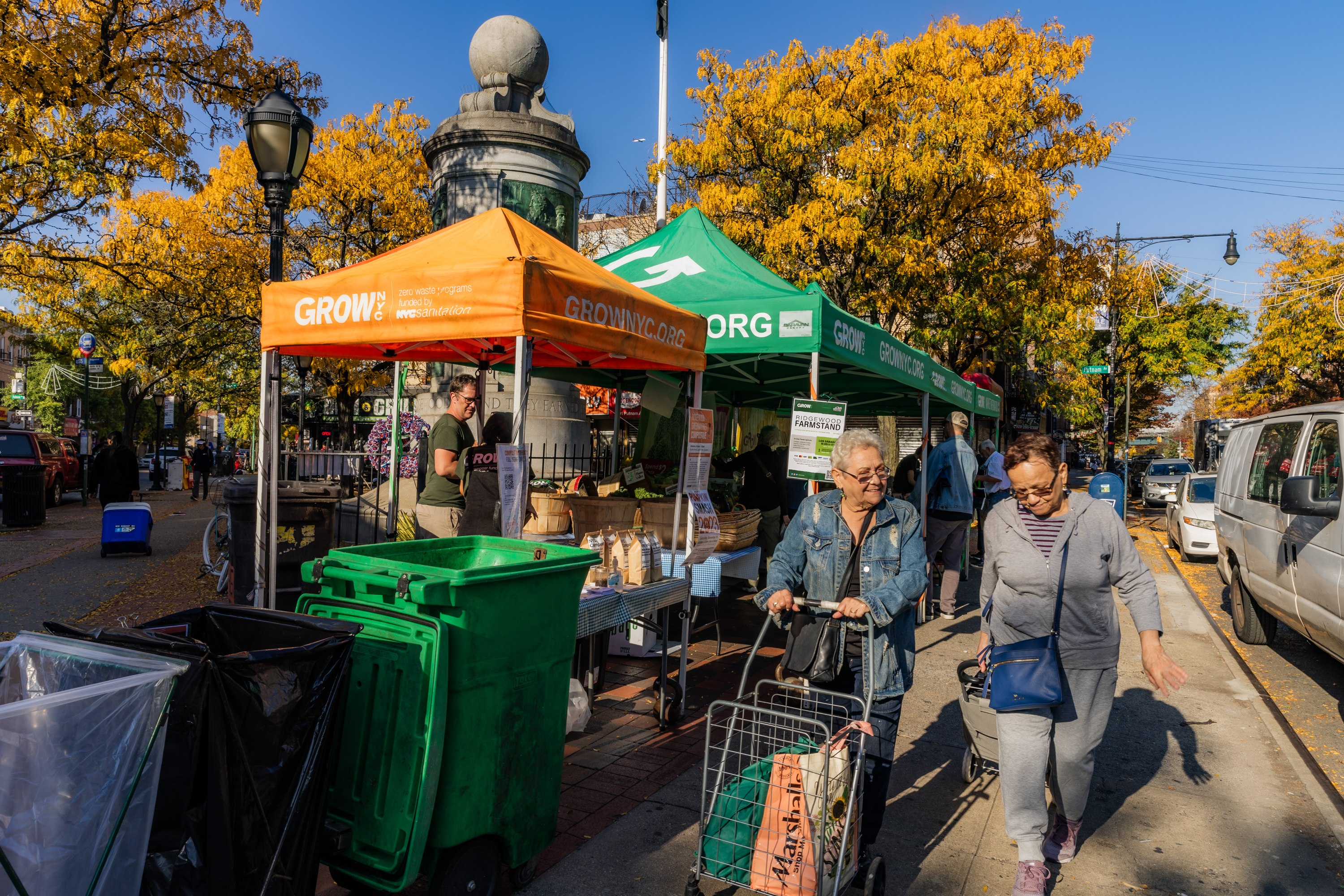GrowNYC Zero Waste Schools (ZWS) has helped New York City schools create effective recycling programs since 2010. In that time, we have helped over 1,300 school communities implement sustainable waste management practices and divert waste from landfill.
Curbside Composting Expansion!
By 2024, all NYC schools will be formally enrolled in the Department of Sanitation’s (DSNY’s) School Curbside Composting program. GrowNYC Zero Waste Schools has partnered with DSNY and NYC Public Schools since the start of this initiative, supporting schools as they transition from traditional collection service to Curbside Composting. Zero Waste Schools provides:
-
On-the-ground assistance to the whole school community
-
Training for school-based operational staff
-
Educational presentations for students and staff
-
Professional Development opportunities for faculty
-
School sustainability leadership development, for both students and adults
In addition to direct support, find training and curricular materials, school leadership resources, and other supportive tools and information below.
|
|
|
|
|
|
|
|
|
|
|
|
|
|
|
|
|
|
|
|
|
|
|
|
Frequently Asked Questions:
How do I know if my school is a Curbside Composting School? All Bronx NYC Public Schools are enrolled in Curbside Composting. If your school is located in another borough, please refer to this comprehensive list.
If my school is a Curbside Composting School, is it optional to participate in the program? No. All Curbside Composting Schools are required to participate in the program as per local law.
What type of items are permitted to be composted in NYC schools? Food scraps, food-soiled paper, and compostable utensils provided in NYC Public Schools can be composted at school.
How much organic waste (compostables) do NYC schools produce each day? According to the NYC Department of Sanitation's (DSNY) 2017 NYC Residential, School, and NYCHA Waste Characterization Study, 51% of waste produced by NYC schools in one day is suitable for composting.
What are the benefits of Curbside Composting?
Climate benefits:
- It's estimated that food waste and compostable materials make up roughly 51% of the waste stream in schools. As food waste in landfills produces the potent greenhouse gas methane, diverting food waste from landfills has significant benefits in limiting the climate impacts of our waste.
- Diverting food waste and compostable materials also means that more of NYC's materials are processed locally, rather than being carted up or out of state via truck, rail, or barge.
School Community benefits:
- Gives schools the opportunity to have have food scraps and compostable materials be containerized and collected on a daily basis. This can help schools achieve a neater curb and mitigate rodent and pest issues.
- Offers a myriad of educational and leadership opportunities for students and staff, alike.
Local Community benefits:
- Organic waste composted in NYC:
- Is either taken to local and regional composting facilities where it is composted on a large scale or is converted to renewable energy.
- Finished compost is given (for free) to schools, non-profit organizations, and community members. To learn how you can get free compost from DSNY, visit their website.
- Sorting and composting organic waste in NYC schools supports NYC in reducing the amount of waste sent to landfills outside of NYC of barges and trucks.
Is there someone that I can reach out to to discuss Curbside Composting in my school? Yes! Visit your main office and find out who your school's Sustainability Coordinator is. Your school's Sustainability Coordinator is a liaison for sustainability projects in your school and can provide more information on the program in your school. You can also contact your district's Sustainability Specialist from the NYC Public Schools Office of Sustainability and Energy for additional support.
Can I participate in Curbside Composting at home? Curbside Composting is expanding to all NYC residents. Click here to learn if your home is receiving Curbside Composting at this time. If you do not have Curbside Composting at this time, you can search for a Drop-Off Composting site near you here.
How do I get in touch with GrowNYC Zero Waste Schools? Email us at zerowasteschools@grownyc.org with any questions or needs.





